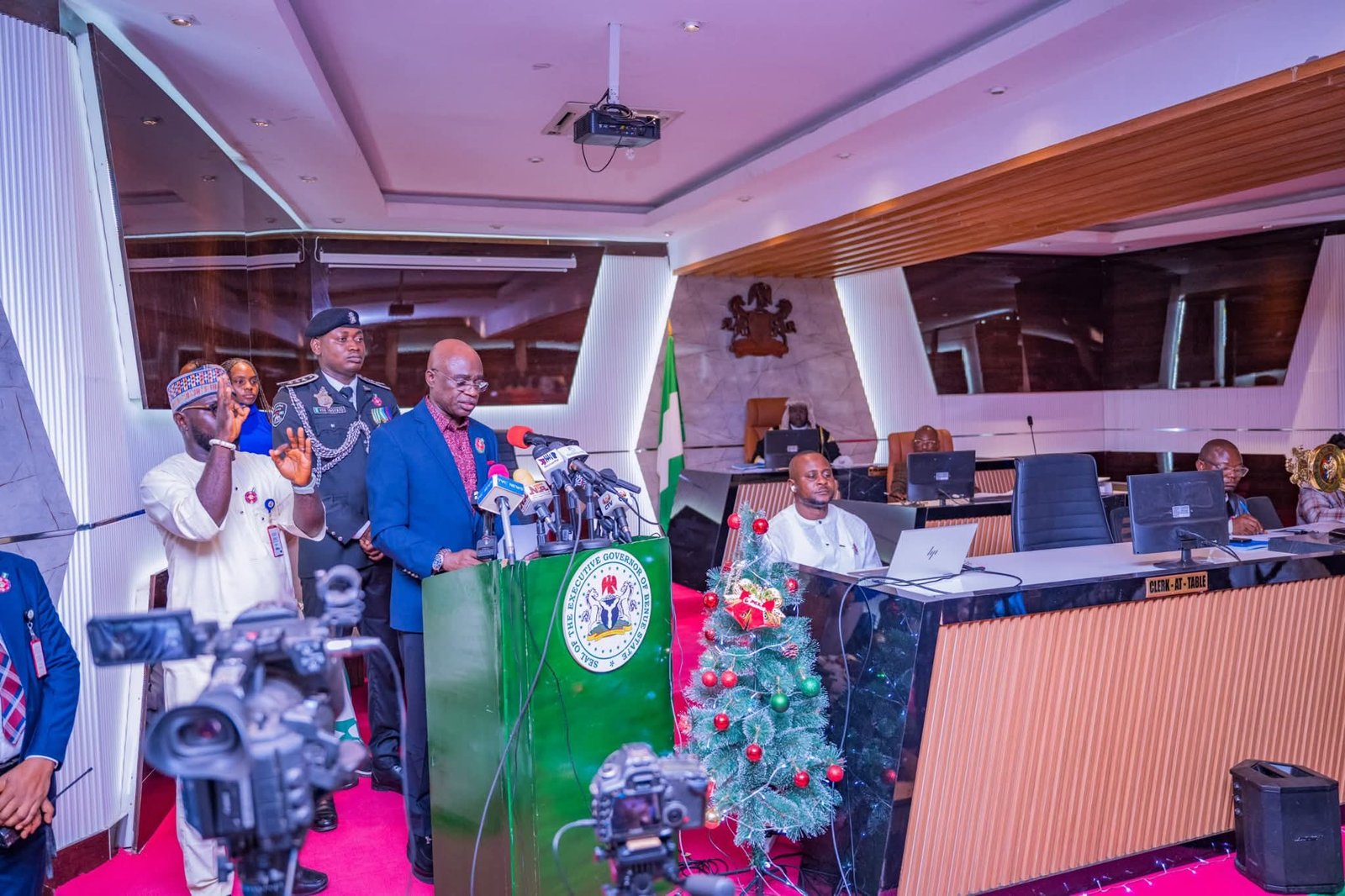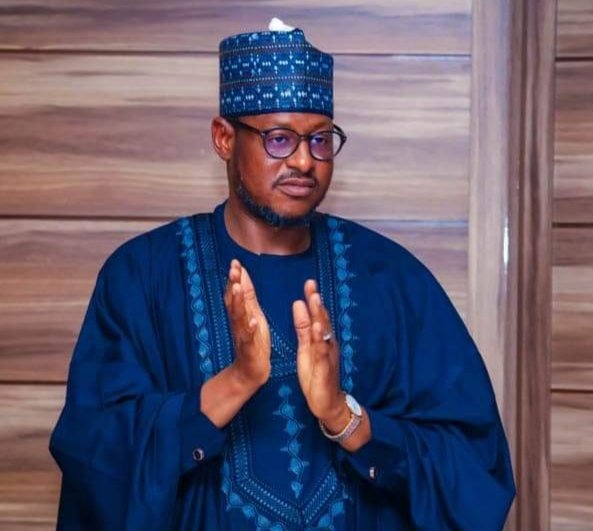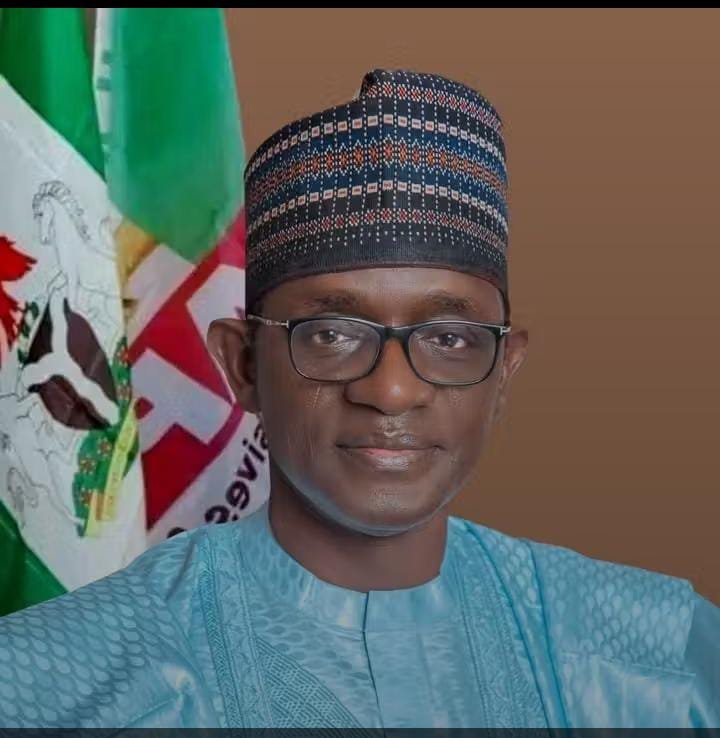Nigerians to pay more tax as FG targets 18% growth
President Bola Tinubu has challenged Nigerians to be prepared to pay more tax as he expressed his administration’s commitment to break the cycle of over-reliance on borrowing for public spending, so as to ease out of burden of debt servicing.
Inaugurating the Presidential Committee on Fiscal Policy and Tax Reforms (PCFPTR) in Abuja, he charged the committee to improve the country’s revenue profile and business environment.
A key target set by the Federal Government is to achieve an 18 per cent Tax-to-GDP ratio within three years.
To accomplish this goal, the committee has been given a one-year mandate, which is divided into three main focus areas: fiscal governance, tax reforms, and growth facilitation.
He directed all government ministries and departments to cooperate fully with the committee towards achieving its mandate.
Tinubu said the committee has the responsibility of assisting the administration in meeting the high expectations of citizens to make their lives better.
“We cannot blame the people for expecting much from us. To whom much is given, much is expected. It is even more so when we campaigned on a promise of a better country anchored on our Renewed Hope Agenda. I have committed myself to use every minute I spend in this office to work to improve the quality of life of our people.’’’
Acknowledging Nigeria’s current international standing in the tax sector, the president said the nation was still facing challenges in areas such as ease of tax payment and its Tax-to-GDP ratio.
“Our aim is to transform the tax system to support sustainable development while achieving a minimum of 18 per cent tax-to-GDP ratio within the next three years. Without revenue, government cannot provide adequate social services to the people it is entrusted to serve.
“The Committee, in the first instance, is expected to deliver a schedule of quick reforms that can be implemented within thirty days. Critical reform measures should be recommended within six months, and full implementation will take place within one calendar year,” he directed.
The birth of the committee is in tandem with President Tinubu’s commitment to eliminating obstacles that hinder business growth in Nigeria. The committee, constituted on July 7 is led by Taiwo Oyedele, a seasoned expert in fiscal policy and taxation from PriceWaterhouseCoopers (PwC).
The committee comprises individuals from both the private and public sectors who possess expertise in various domains, including tax law reform, fiscal policy design and coordination, tax harmonization, and revenue administration.
Mr. Oyedele pledged total commitment of members to give their best in the interest of the nation.
“Many of our existing laws are outdated, hence they require comprehensive updates to achieve full harmonisation to address the multiplicity of taxes, and to remove the burden on the poor and vulnerable while addressing the concerns of all investors, big and small,” he said.
Oyedele regretted that those who evade tax get away with little or no consequences, stressing that that need to change.
He added that data affirms that Nigerians were willing to pay tax if they saw what it translates to.
Briefing State House Correspondents, Oyedele said the committee would ensure tax payment and use are beneficial to Nigerians as well as make the right people pay tax.
He said the committee would also ensure that tax payment is done through appropriate policies without stifling the most vulnerable Nigerians.
‘’The committee will not tax everything and everyone but those that can pay the tax in order to protect the vulnerable citizens. Not having enough revenue means lack of proper infrastructure development in the country.
‘’It’s a job that is possible with the support of Nigerians. Most developed countries that our people want to go to survive on tax instead of borrowings.’’
Oyedele said the committee would apply appropriate data in working out tax policies that make tax payment seamless and beneficial.
‘’The payment of the tax will encourage the translation of revenue to better service to the citizens because it means raising of revenue and where it will come from, such as removing multiplicity of taxes.
‘’There is a huge tax gap. So, if we get every tax payer to pay in the existing framework it will go a long way.
‘’We will ensure that the FIRS is made to harmonise taxes and collect for most MDAs that are charged to generate revenues. The MDAs will now facilitate revenue collection by concentrating on their core duties and thereby attract revenue,’’ he said.
To address the challenges of multiple tax payment, he said all tiers of government were involved to make it a national policy, adding that all stakeholders agreed to have coordination in tax administration.
Mr. Shubham Chaudhuri, World Bank Country Representative, said the body was involved in the aspect of helping Nigeria to deliver essential services to its citizens through proper revenue generation and spending.
‘’It is part of the IMF policy to offer services to member countries by supporting them to mobilise revenue without stifling growth and to eliminate poverty.
‘’IMF provide services like health care, roads and economic development so that Nigeria can generate its own revenues without depending solely on borrowings to finance essential projects like healthcare, rural roads, water, security among others,’’ he said.
Chaudhuri said from the objectives of the committee, it would have a standard operating procedures needed to make the country generate revenue and encourage foreign investment.
‘’This committee will gain the trust of citizens by making them pay willingly and that the tax they pay will be used appropriately to provide the necessities a government must provide. This will translate to more economic opportunity for the citizens and the country,’’ he said.
Similarly, Mr. Segun Ajayi-Kadir, who represents the Manufacturers Association of Nigeria (MAN) on the committee, said the establishment of the committee was a great stride in nation building.
‘’Businesses have no business not paying taxes. They only need to have the confidence that the tax would be fairly charged and deployed to facilitate business environment and encourage foreign partnership,” he said.
Ajayi-Kadari said that the involvement of MAN and other private sectors in the committee would be beneficial, adding that it would ensure only the ‘’fruit and not the seed’’ is taxed in this new policy.





